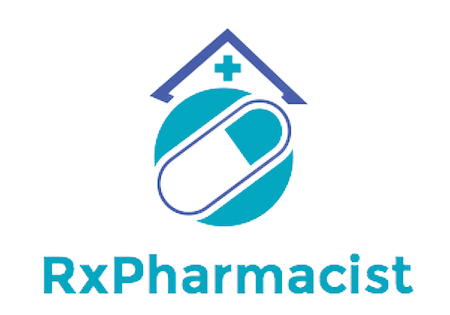Pharmacogenomics is a hot topic that more and more people are talking about. Judging from the name alone, it can be deduced that it has something to do with both pharmacy and genetics. What exactly is the impact it could make towards personalization and precision medicine, and what is so special about it? Let’s delve into this topic and find out.
What is Pharmacogenomics?
Pharmacogenomics is essentially the study of how a person’s genetic makeup determines how they will respond to medications.1 It’s linked to the field of precision medicine that focuses on each patient individually.

Its potential lies in the ability to use a person’s genetic information that is uniquely theirs to predict the response they will have to any drug while continuing to further optimize even dose selections once the drugs have been carefully selected.3 The end goal is fully personalized treatment that is cost-effective, safe, and improves health outcomes for the individual and to know whether or not the medication will work ahead of time.
Genes and Medication
Our genes affect the way our body responds to a drug. Drugs interact with our body in multiple ways, and certain proteins or enzymes present in our body affect how these drugs will work. Pharmacogenomics analyzes the variations among our genes to find these proteins and what effect they will have on the drug’s safety and effectiveness in the body.1
Examples of how our genes can affect how we respond to a drug:2
1) Drug Receptors on Cell Surfaces
○ What type and how many receptors we have
○ Affects the intensity of response or no response to a drug
2) Drug Uptake into Tissues and Cells
○ How well the drug is taken up into tissues and cells (normal=drug works as expected and/or should)
○ Less uptake means the drug isn’t working as well as it should and may accumulate and cause problems
○ Increased uptake could cause adverse effects
3) Drug Breakdown by Enzymes
○ How quickly the body breaks down and gets rid of a drug
○ Might need less of a drug if the body breaks it down slowly
○ Might need more of a drug if the body breaks it down quickly
The Benefits and Drawbacks
The Food and Drug Administration (FDA) has pharmacogenomic information on the labels of more than 100 medications. This to assist doctors and other healthcare professionals when prescribing drugs pertaining to the dose, side effects, and potential effectiveness for those with certain gene variants.1 Medications with pharmacogenomic considerations include warfarin, clopidogrel, escitalopram, and codeine, to name a few. More examples can be found here.
Drug companies are using pharmacogenomics for developing and marketing drugs in use for patients with certain genetic variants for maximum therapeutic benefit. In addition, once gene variants are identified in patients, doctors are then able to select the appropriate and optimal medication along with the dose for that specific patient. Moreover, if these genes were to cause side effects from a certain drug, that drug can be avoided and prescribed only to those who don’t have those genes.
There are potential advantages to using pharmacogenomics such as optimized drug selection, improved treatment outcomes, enhanced safety, avoidance of trial and error approach when it comes to selecting a medication, and improved cost effectiveness due to not having to try multiple medications and/or treatments.
However, that’s not to say it’s all a flawless process. There are certain ethical and legal factors to be considered when it comes to pharmacogenomics. A patient’s autonomy along with their right to privacy are serious matters of consideration. Potential bias and discrimination could also occur through underrepresentation of certain groups in the data, or by making clinical decisions based on the data but failing to consider individual patient factors. Taking the proper steps to obtain informed consent and maintain patient confidentiality are key.
The Takeaway
Understanding pharmacogenomics can improve treatment methods and selection down the line, especially when they’re tailored to a patient’s own unique genetic profile. The field is still growing, but it’s growing quickly and there is still much to embrace in terms of knowledge, evidence, and implementation. Yet, with this personalized approach, healthcare providers such as pharmacists are at the forefront of being involved in delivering treatment that may be safer, more effective, and individualized for each patient.
Midrara Kashmari
RxPharmacist Team
References:
- National Institute of General Medical Sciences (NIGMS). National Institute of General Medical Sciences (NIGMS). Published 2022. https://nigms.nih.gov/education/fact-sheets/Pages/pharmacogenomics.aspx#:~:text=Pharmacogenomics%20(sometimes%20called%20pharmacogenetics)%20is.
- Centers for Disease Control and Prevention. Pharmacogenomics: What does it mean for your health? CDC. Published 2019. https://www.cdc.gov/genomics/disease/pharma.htm.
- Krebs K, Milani L. Translating pharmacogenomics into clinical decisions: do not let the perfect be the enemy of the good. Human Genomics. 2019;13(1). doi:https://doi.org/10.1186/s40246-019-0229-z.

